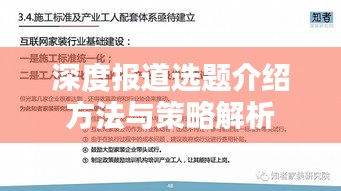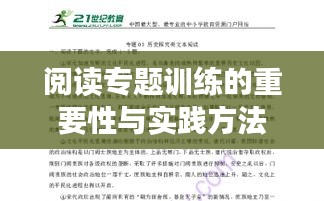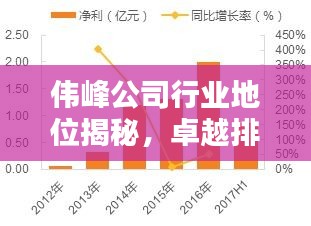Introduction to Efficient Work in English
In today's globalized world, the ability to communicate effectively in English is not just a bonus but often a necessity for professional success. Whether you're a native English speaker or a learner, enhancing your work efficiency in English can significantly impact your career. This article will explore various strategies and tips to help you work more efficiently in English, from communication skills to time management.
Mastering Communication Skills
Effective communication is the cornerstone of efficient work. Here are some key communication skills to focus on:
-
Clarity: Be clear and concise in your messages. Avoid unnecessary jargon and overly complex language that can confuse your colleagues or clients.
-
Active Listening: Pay close attention to what others are saying. Active listening not only helps you understand the context but also shows respect for the speaker.
-
Non-Verbal Communication: Be aware of your body language, facial expressions, and tone of voice, as these can all convey meaning beyond words.
-
Email Etiquette: Write clear, professional emails with proper grammar and punctuation. Use a clear subject line and keep the message brief and to the point.
Developing English Writing Skills
Writing is an essential part of most professional environments. Here's how to enhance your English writing skills:
-
Grammar and Punctuation: Ensure you have a strong grasp of English grammar and punctuation rules. Use resources like grammar handbooks or online grammar checkers to refine your writing.
-
Word Choice: Choose your words carefully to convey the intended meaning. Avoid slang and colloquialisms unless they are appropriate for your audience.
-
Formatting: Follow a consistent format for your documents, whether it's a report, memo, or presentation. This makes it easier for others to read and understand your work.
-
Proofreading: Always proofread your work before sending it. This can help catch any errors that could lead to misunderstandings or embarrassment.
Time Management Techniques
Time management is crucial for maintaining high productivity. Here are some strategies to help you manage your time more effectively:
-
Set Clear Goals: Define what you need to achieve each day or week. This helps you prioritize tasks and stay focused.
-
Use a Planner or Calendar: Keep track of deadlines and appointments. Tools like Google Calendar or a physical planner can be invaluable.
-
Limit Distractions: Identify and minimize distractions that can hinder your productivity. This might involve turning off social media notifications or setting specific times for checking emails.
-
Break Tasks into Smaller Steps: Large projects can be overwhelming. Break them down into smaller, manageable tasks to make them less daunting.
Building a Professional Vocabulary
A rich vocabulary can help you express your ideas more effectively and sound more professional. Here are some ways to build your English vocabulary:
-
Read Regularly: Reading a variety of materials, such as newspapers, journals, and novels, exposes you to new words and phrases.
-
Use a Dictionary and Thesaurus: Keep a dictionary and thesaurus handy to look up new words and find synonyms.
-
Practice with Colleagues: Engage in discussions with colleagues who speak English as their first language. This can help you learn new terms and phrases in a practical context.
-
Use Flashcards: Create flashcards with new words on one side and their meanings or examples on the other. This can be a fun and effective way to memorize new vocabulary.
转载请注明来自江苏志达物流有限公司,本文标题:《工作高效的英语:工作更高效 英语 》










 蜀ICP备2022005971号-1
蜀ICP备2022005971号-1
还没有评论,来说两句吧...